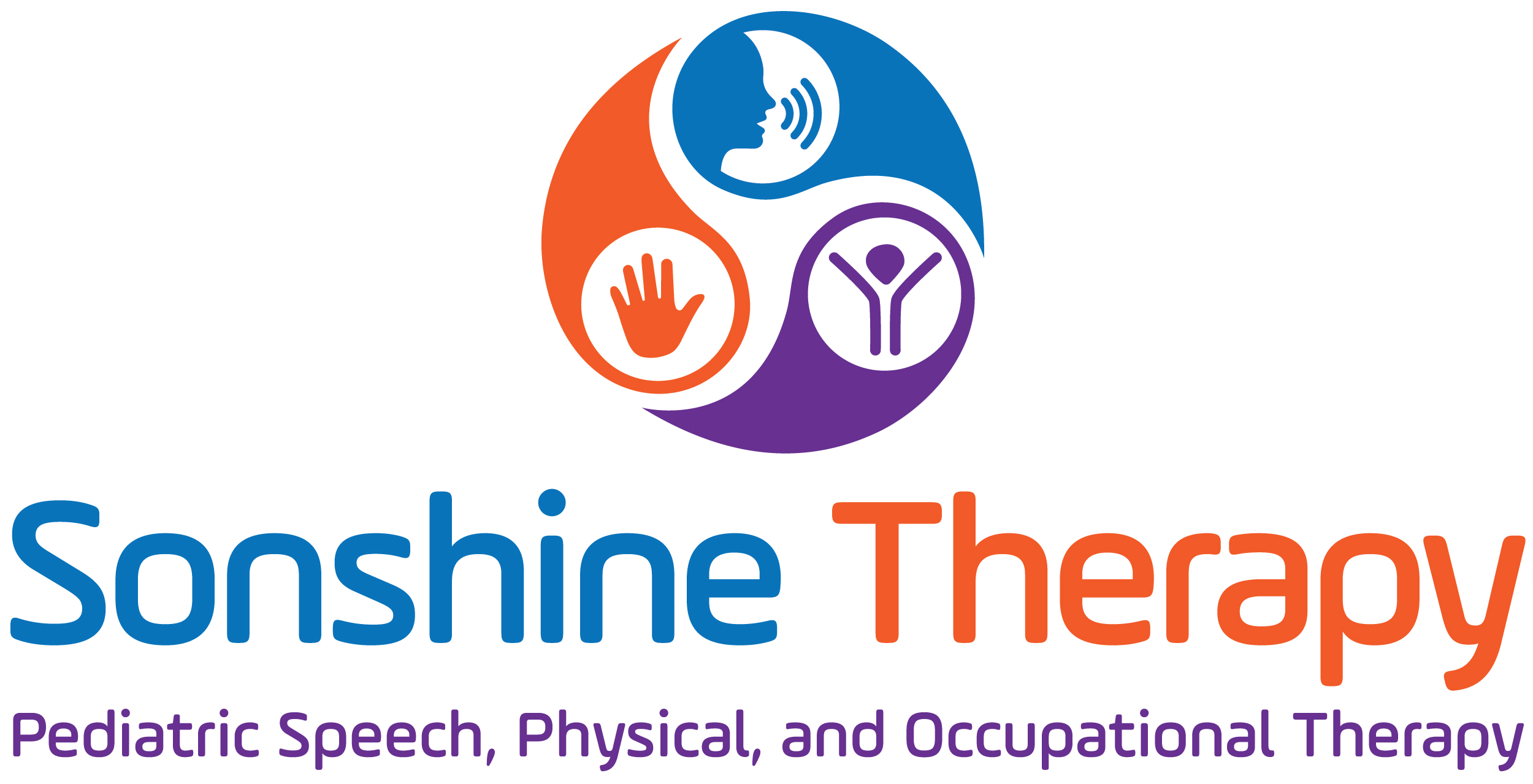Some children struggle to grasp the abilities necessary to examine and navigate their surroundings independently. This might cause problems for them regarding fine and gross motor skills, sensory processing, visual-perceptual skills, and other talents. Occupational therapy for children can help in these situations.
The goal of pediatric occupational therapy is to assist children in becoming self-sufficient in all aspects of their lives. An occupational therapist can help children develop skills daily, such as eating, bathing, and dressing. Working with a therapist can help children with developmental disabilities achieve considerable social and emotional progress.
Here are four fundamental indicators that your child needs pediatric occupational therapy.
1. They face difficulty achieving developmental success as compared to other kids of their age:
If your child faces challenges while achieving age-appropriate milestones and is behind in aspects of life compared to other kids, it might be possible to require occupational therapy. Developmental delays are nothing to be scared of as every child has their own pace of learning skills. However, it’s not something to leave unattended either. Consult a pediatrician if your child isn’t able to do things despite reaching the average age.
2. They face issues with fine motor skills:
Some children have difficulty with tasks that involve small-muscle power, control, and flexibility. According to the Child Mind Institute, children who struggle with fine motor skills will have difficulty performing tasks such as cutting, sketching, threading beads, and using utensils. If good motor skill deficiencies aren’t resolved at an early age, a child with delays in this area may struggle to do basic tasks at school, such as writing and using computers.
3. They face troubles with gross motor skills:
According to the Child Mind Institute, occupational therapy can aid children with gross motor abilities, involving primary muscle groups. Balance, force, tolerance, and collaboration problems in children with gross motor skill deficits might affect their mental health and ability to climb the stairs, walk straight without help, jump, and play, among other activities.
4. They have issues with sensory processing:
Pediatric occupational therapy can help toddlers with sensory processing issues. According to Everyday Family, if your child appears hypersensitive to touch, taste, sound, or scents, they may have sensory processing problems and require occupational therapy. According to the Child Mind Institute, children with sensory processing issues may exhibit under-sensitivity and constantly seek out experiences by moving around and touching everything.

